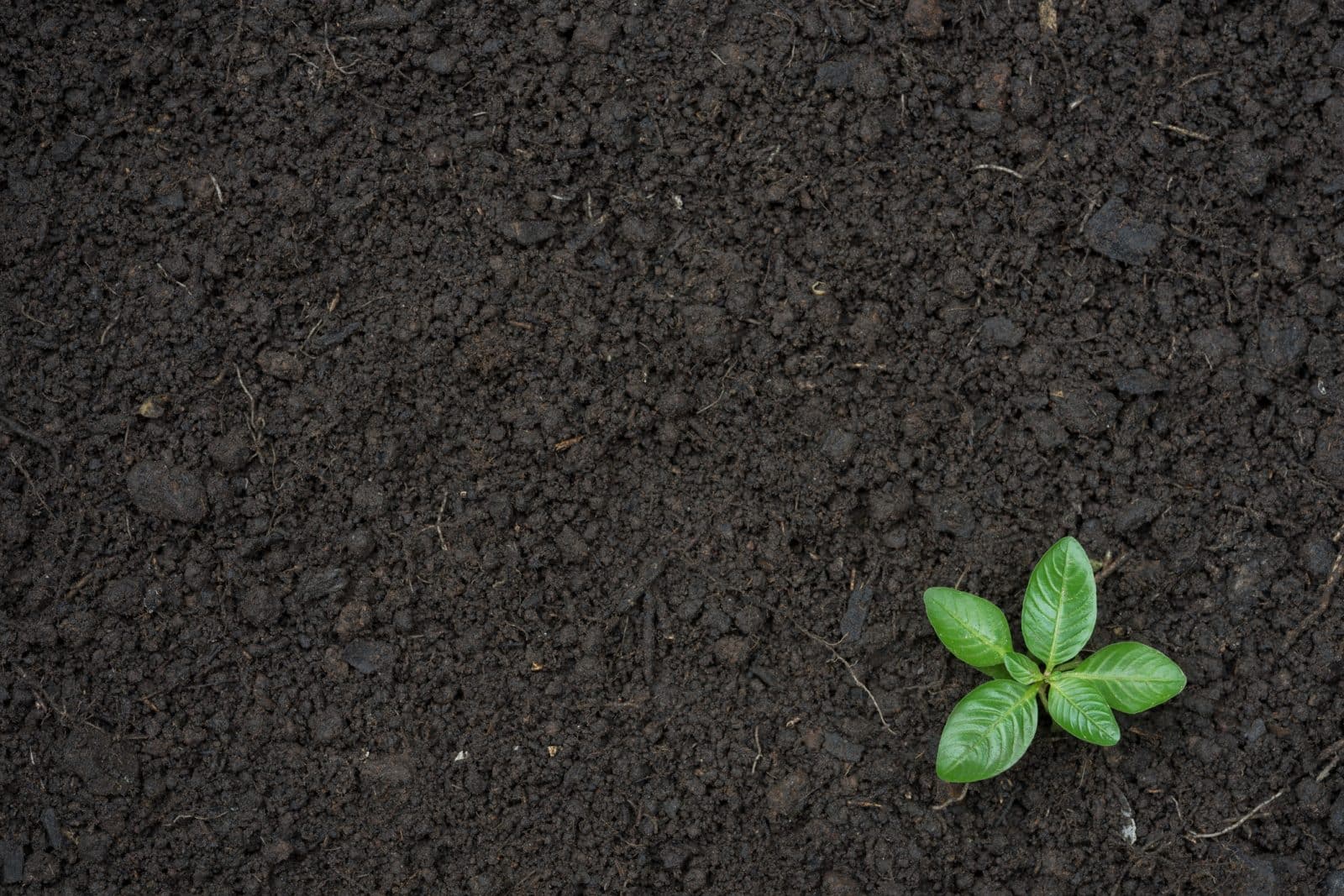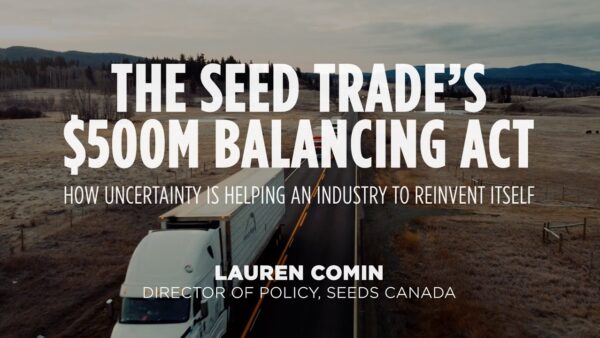The future of American agriculture, as well as the future of the American seed industry, is exceptionally bright. Still, just like every other industry, it is being impacted by a number of complex and constantly changing factors. As a result of internalization in many countries around the world, we see increasingly severe food shortages, unstable governments are causing food scarcities, and global trade policy has become less predictable and less rules-based due to globalization. All of these factors seriously impact American farmers’ ability to move their products across borders and around the world.
A key concern for the future of the U.S. seed industry is uncertainty about the policy and regulatory development of new innovative tools. Tools like these are crucial to the seed industry, leading to the development of new breeding techniques, seed treatments, and biologicals. As governments and consumers around the world look at whether or not to accept these new tools, it is critical that the review and development of policy and regulations is science-based and reasonably priced for the farmer.
Even with these disruptions and barriers, the pace of innovation in plant breeding and other seed production and distribution tools is incredible. Innovations in this realm allow researchers to develop crops that can reduce greenhouse gas emissions, improve crop yields, create more water-efficient crops, develop varietals that are disease and pest-resistant, enhance the nutritional value of food crops, customize crops for local environmental conditions, and much more.
The development of better seed produces better crops, leading to a better quality of life for all those involved. This is no easy task, and as I mentioned before, success will require a collaborative and science-based approach. While there’s no silver bullet, agriculture innovations like gene editing are here now and can provide real, tangible solutions.
Gene editing is akin to a molecular word processor. The scientific tool is used to identify, snip, and make targeted changes to specific genes in a plant’s cells. The resulting crops may yield a host of improvements for our bodies and our planet — ranging from greater nutritional values and reduced natural resource consumption to extended shelf lives and accelerated breeding cycles.
For instance, consider just a few examples of the potential applications of gene editing and plant breeding innovation:
- Rice: Creating a crop that is “climate change-ready”: one that can tolerate flash and prolonged flooding, poor soil quality, and high temperatures, which typically cause significant yield loss.
- Tomatoes: Helping the crop withstand extreme weather conditions and produce more yield using less water, land, and pesticides in tomatoes grown in protected, indoor spaces (vertical farms).
- Wheat: creating varieties that can outperform the growth, hardiness, and nutritional composition of existing varieties.
- Potatoes: Creating varieties with late blight resistance, a devastating disease that can cause significant crop losses. Gene editing can also extend potato shelf life.
- Sorghum: Enhancing drought resistance, pest resistance, and nutritional content in sorghum, which is an important cereal crop globally.
- Cassava: enhancing nutritional value, improving disease resistance, and reducing the presence of toxic compounds in cassave, which is a staple crop for millions in tropical regions
The opportunities in agriculture are vast. Researchers and breeders continue to explore how gene editing and improved breeding techniques can be used to enhance crop traits and address various challenges in food production, such as increased demand, climate change, and sustainable agriculture. We all know that the means to address those challenges that face agriculture and food production start with a seed that a farmer plants. That makes what the American seed industry does extremely important and even more exciting! Our thanks to everyone who plays such a vital role in this critical industry.












